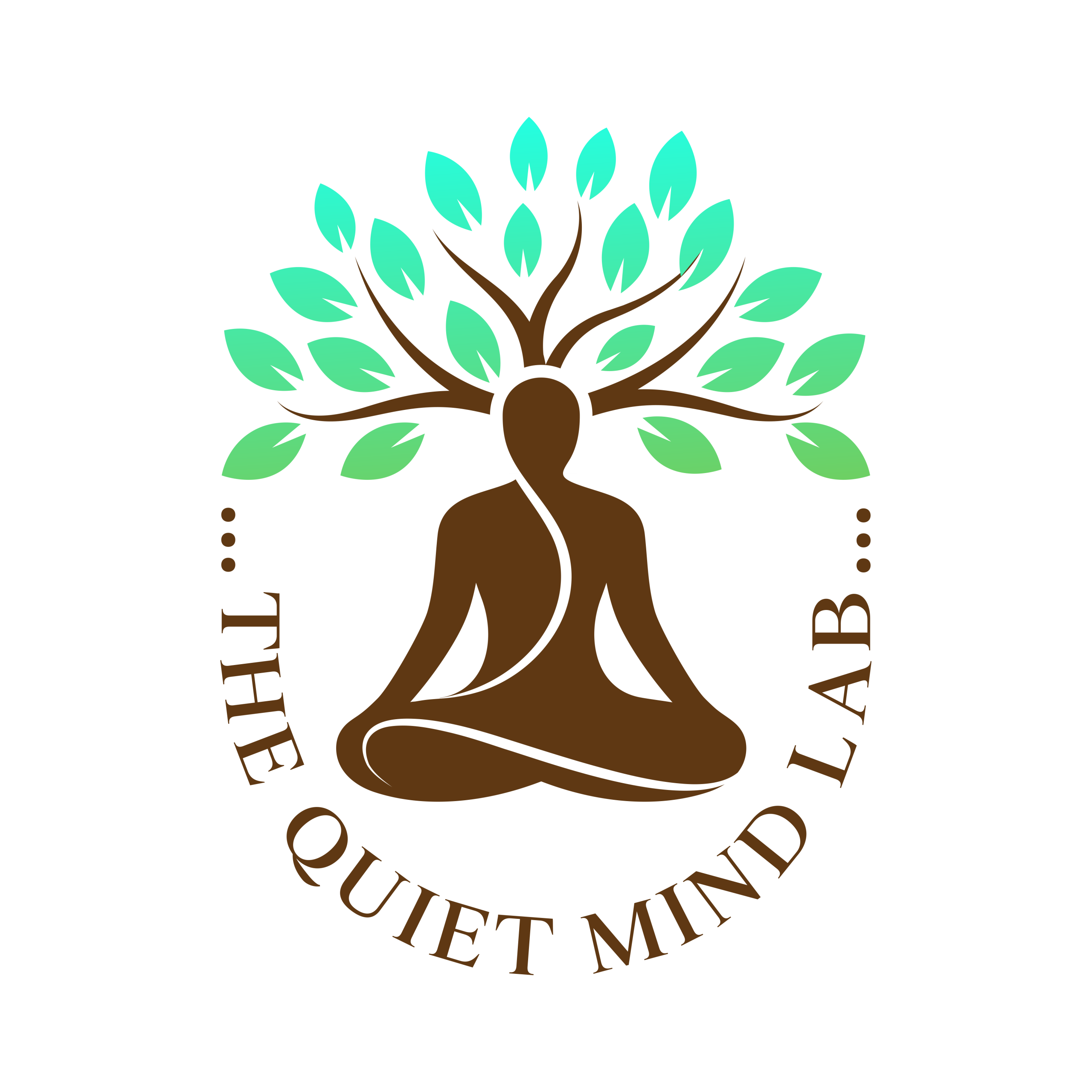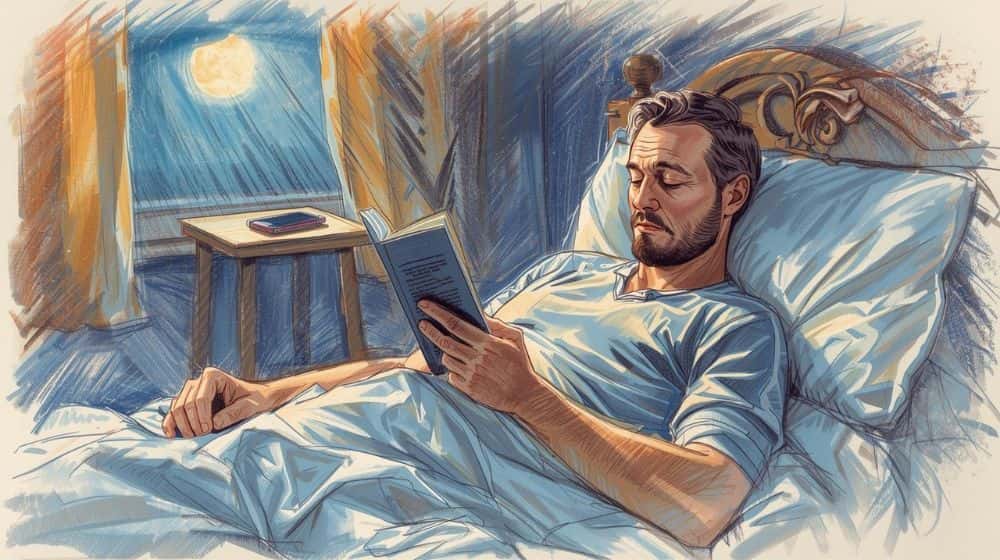You know that moment when you tell yourself you’ll just check the news for a minute, and somehow you’ve lost an entire hour to terrifying headlines, angry comment sections, and whatever social media meltdown is happening today? That’s doomscrolling. And if you’ve ever wondered how to stop doomscrolling, you’re definitely not alone.
It’s a modern reflex: the brain’s way of searching for certainty in an uncertain world. Unfortunately, the more we scroll, the worse we usually feel. Every fresh headline gives us a small hit of information, followed by a spike of anxiety, and before we know it, we’re trapped in a loop that feels both awful and impossible to break.
The good news is, you don’t need to throw your phone into the ocean. You just need a few practical ways to interrupt the cycle. In this guide, we’ll look at what actually pulls us into doomscrolling, how to build healthier digital boundaries, and some realistic ways to give your attention back to yourself.
Because underneath it all, that’s what this is about: learning to live with awareness in a world that’s constantly fighting for your attention.
Contents
- Why Doomscrolling Feels So Bad
- Understanding the Habit for What It Is
- Put Boundaries Around the Habit
- Give Your Evenings Back to Yourself
- Choose What You Feed Your Mind
- Balance Awareness with Action
- Come Back to Your Body
- Be Kind When You Slip
- FAQs
- Final Thoughts
Why Doomscrolling Feels So Bad
Doomscrolling tricks you into believing you’re staying in control. Each headline feels like a small piece of certainty, a sense that if you just keep reading you might somehow stay ahead of everything that’s going wrong. But the truth is, your body doesn’t know the difference between reading about danger and being in danger. It reacts to both in the same way.
When you feed your mind a steady stream of crisis and conflict, your system goes into protection mode. Your heart beats faster, your muscles tighten, and your mind starts spinning stories about everything that could happen next. The more you scroll, the more your body learns that this alertness is normal, and before long that restless feeling becomes your baseline.
You might notice it quietly showing up in your life. You wake in the middle of the night and reach for your phone before you even realise you’re doing it. You find it harder to concentrate, or you feel a kind of heaviness that follows you through the day. None of this means there’s something wrong with you. It’s simply your brain trying to process more than it was ever built to handle.
Once you start seeing what’s happening underneath the habit, the idea of stepping back starts to feel less like discipline and more like kindness.
Understanding the Habit for What It Is
Every habit has a reason behind it, and doomscrolling is no different. There’s always something that makes you reach for your phone, whether it’s boredom, stress, curiosity, or even that quiet sense that the world might be falling apart and you should probably keep an eye on it. You know, just in case.
The next time you catch yourself scrolling, pause for a moment and ask what you’re really looking for. Maybe you’re trying to distract yourself from a feeling you don’t want to sit with, or maybe you just want to feel connected to what everyone else is feeling. Sometimes it’s as simple as habit – your hand moves before your mind even realises what it’s doing.
You might start to notice patterns: certain times of day, certain moods, or certain little emotional triggers that nudge you toward the screen. Late at night when things feel quiet, or first thing in the morning before your brain has properly woken up, the phone steps in to fill the silence. This isn’t something to judge or feel bad about; it’s just something to see clearly.
Awareness alone won’t break the habit, but it’s where every bit of change begins. Once you start recognising what pulls you in, it becomes easier to decide when and how to step back.
Put Boundaries Around the Habit
Once you start noticing what draws you in, the next step is to give the habit some gentle edges. Most people don’t realise how often they check their phones until they start paying attention, and by then the day has already been sliced into hundreds of tiny, distracted moments.
Try setting clear times when you’ll allow yourself to scroll, and just as importantly, times when you won’t. You could decide to check the news once in the morning and once in the evening, or to keep your phone out of reach during meals or the first half hour after waking up. These small limits sound simple, but they can completely change the tone of your day.
If it helps, use the tools already built into your phone. Screen time settings and app timers can make the boundary visible, and when the notification pops up to say you’ve hit your limit, treat it as a reminder rather than a rule. It’s not about control; it’s about protecting your attention from being constantly pulled away.
At first it’ll feel uncomfortable, almost like missing something important, but that feeling fades faster than you think. The more space you create between yourself and the scroll, the more you notice how much calmer the world feels when it isn’t glowing in your hand.
Give Your Evenings Back to Yourself
Evenings are when doomscrolling really settles in. You’ve finished the day, your brain is tired, and the phone is right there offering endless distraction. You tell yourself you’ll just have a quick look, and suddenly half an hour has gone by and you feel more wired than relaxed.
Scrolling before bed tricks the brain into thinking it still needs to be alert. The blue light, the noise, the constant stream of information – it all tells your nervous system that the day isn’t over yet. You might put the phone down, but your mind keeps spinning long after the screen goes dark.
Try setting a simple rule for yourself: no scrolling in bed. Keep your phone on the other side of the room, or in another room entirely, and give yourself a short buffer before sleep that belongs completely to you. Read something that isn’t backlit, stretch your body gently, or just lie there and let your thoughts settle.
It might feel strange at first, like you’ve lost a ritual you didn’t realise you had, but the quiet that comes afterwards is worth it. The space where the scroll used to live quickly becomes something softer – a moment of stillness before the day ends.
Choose What You Feed Your Mind
Not all scrolling is bad. The problem isn’t the screen itself, it’s what fills it. If your feed is a constant stream of outrage, panic, and worst-case scenarios, it’s no surprise that every swipe leaves you feeling heavy.
Take a few minutes to look at what you actually see each day. Notice how certain accounts or topics make you feel after you read them. Do they inform you, inspire you, or just drain you? The internet is full of good information, but it’s also full of noise, and not every voice deserves your attention.
Start trimming away what doesn’t help. Unfollow the accounts that make you anxious or angry for no reason. Mute people who post more drama than positivity. Seek out content that makes you feel grounded instead of spun up. It might be longform writing, nature photography, or a favourite comedian who reminds you that it’s still okay to laugh.
Your attention is the most valuable thing you own. What you feed it shapes how you think, how you feel, and how you show up in the world. When you start choosing what you consume with a bit more care, the noise fades, and what’s left starts to feel lighter.
Balance Awareness with Action
It’s important to stay informed, but endless awareness without movement quickly turns into paralysis. Doomscrolling often begins with a genuine desire to understand what’s happening in the world, yet somewhere along the way the information stops helping and starts to hurt.
Researchers from the American Psychological Association spent time studying the affects of doomscrolling, and unsurpringly, they found the compulsive consumption of negative news is linked to increased anxiety and stress, reduced focus, and poorer mental and physical well-being.
If you find yourself trapped in that cycle of bad news and helplessness, try turning a small part of that energy into action. Donate to a cause you care about, sign a petition, check on a friend, or simply step away from the screen and do something physical. Even small actions remind the mind that you still have agency, that the world isn’t just happening to you.
There’s nothing wrong with wanting to know what’s going on, but there’s a big difference between being informed and being overwhelmed. When the weight of it all starts to feel like too much, take a step back and do something tangible. The point isn’t to fix everything; it’s to remember that you still exist outside the scroll.
Come Back to Your Body
When you’ve been scrolling for a while, it’s easy to forget you even have a body. The world shrinks to a few inches of glass and a steady flicker of bad news, while your shoulders tighten, your breathing gets shallow, and your posture quietly collapses. Most of the time, you only notice it when you finally look up and realise how tense you feel.
The body often knows what’s wrong long before the mind does. The tightness in your chest, the knot in your stomach, the feeling of anxiety that seems to come from nowhere – they’re all signals that you’ve had enough. When you catch them, take a moment to reconnect. Sit back, roll your shoulders, unclench your jaw, and take a slow breath that actually reaches your lungs.
Sometimes that’s all it takes. A few small movements, a breath, and a bit of space between you and the screen. The more you learn to notice what’s happening in your body, the less power the scroll has over you. Attention starts to feel like something you can hold again, rather than something constantly being taken from you.
Be Kind When You Slip
There will be days when you fall straight back into the scroll. You’ll tell yourself you’re just checking one headline, and ten minutes later you’ll be lost in another cycle of outrage and anxiety. It happens to everyone, but the key is not to punish yourself.
Breaking a habit isn’t about perfect discipline, it’s about noticing what’s happening a little sooner each time. The goal isn’t to become someone who never scrolls, it’s to become someone who recognises when they’ve slipped and knows how to come back.
When that happens, don’t turn it into another reason to be frustrated with yourself. Put the phone down, take a breath, and start again. The practice is in the returning, just like meditation. The more often you return, the easier it gets to stay present, and the more peaceful the world starts to feel again.
FAQs
Why do we doomscroll even when we know it’s bad for us?
It’s partly curiosity and partly survival instinct. The brain wants to feel prepared, and bad news feels like something you should be keeping an eye on. Every scroll gives a brief hit of stimulation that feels useful, even when it isn’t. The more you do it, the more your brain learns to equate scrolling with safety, which is why it’s so hard to stop.
Does deleting social media apps really help?
It can, but not always for the reasons you’d expect. Removing the apps breaks the instant habit loop (that unconscious flick of the thumb that opens them without thinking) but deleting everything isn’t realistic for everyone. For some people, it’s enough to move the apps off the home screen or use them on a computer instead of a phone. The key is just to interrupt the autopilot.
How to stop doomscrolling if I use my phone for work?
You can still set boundaries even if your job keeps you online. Create small pockets of time that belong only to you. Turn off non-essential notifications, batch your emails, and step away between tasks, even if it’s just for two minutes. The goal isn’t to escape technology, it’s to stop being owned by it.
Can meditation or mindfulness help with doomscrolling?
Yes, and they do it in a subtle way. Meditation trains the same skill you need to break the habit – noticing when your attention has wandered and gently coming back. The more you practice that, the easier it becomes to catch yourself mid-scroll before the spiral begins. It’s not about willpower; it’s about awareness.
If you’re curious about trying meditation but not sure where to begin, our guide on How to Meditate Properly (and Find the Style That Fits You) walks you through the basics and different types you can explore.
Once you’ve found a style that feels right for you, the next step is consistency. You can learn how to build a simple, sustainable practice in our post on How to Start a Daily Meditation Habit.
What’s a realistic goal if I can’t stop completely?
Start by aiming to notice, not to quit. Awareness alone can reduce the time you spend scrolling without you even trying. Over time, those small gaps of space between checking and reacting start to grow, and that’s where freedom begins. You don’t need to delete every app or throw your phone in a drawer. You just need to stop letting it decide where your attention goes.
Final Thoughts
Learning how to stop doomscrolling isn’t really about your phone. It’s about attention, and what you choose to give it to. Every time you catch yourself slipping into the loop and gently come back, you’re teaching your mind to rest somewhere quieter.
Meditation can help with that. It trains the same skill – noticing when you’ve wandered and returning to the present. If you’d like to see what regular practice can do for your focus, mood, and overall sense of calm, you can read our post on the 7 Benefits of Regular Meditation.
The world isn’t going to stop shouting, but you can decide how much of it gets through.



